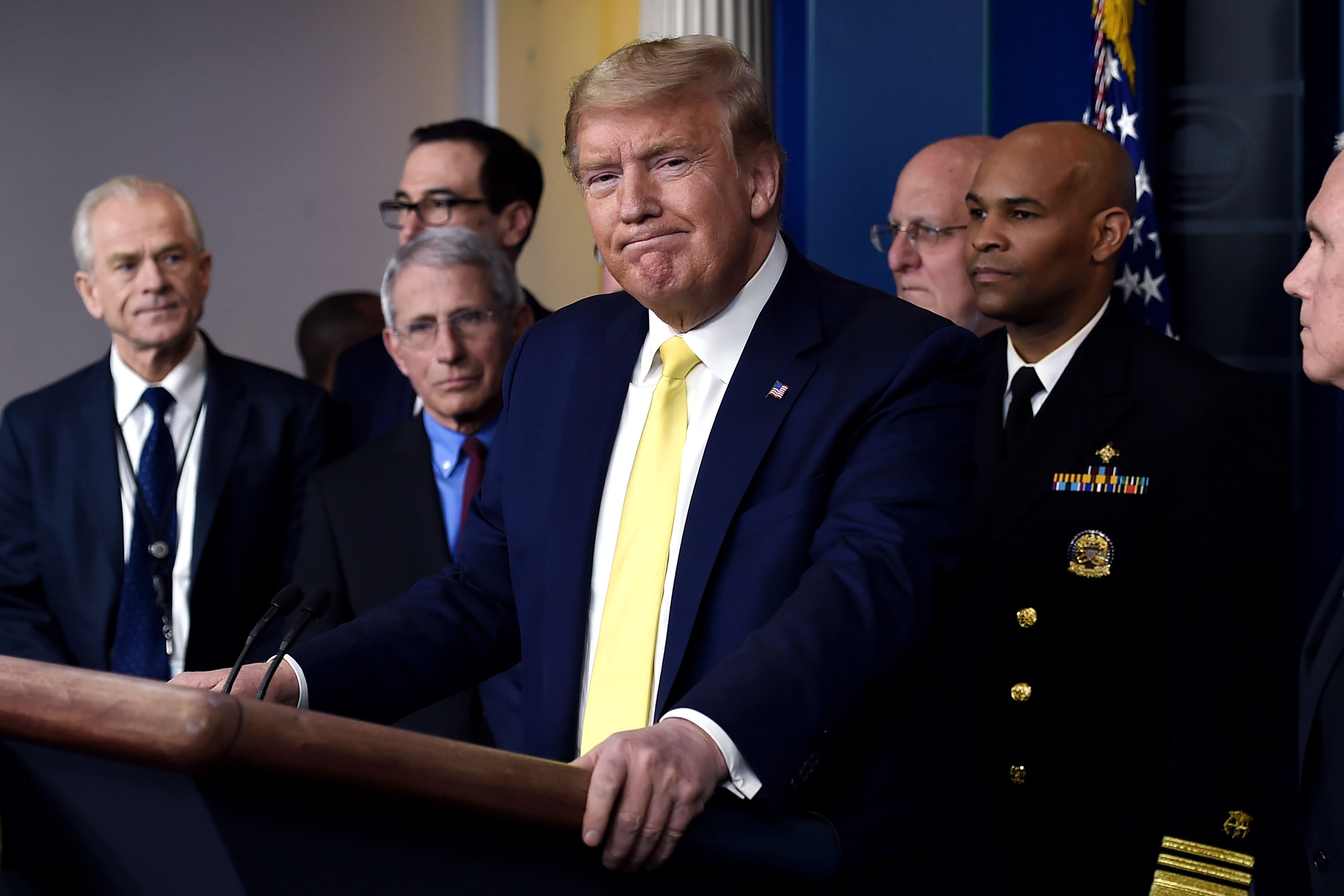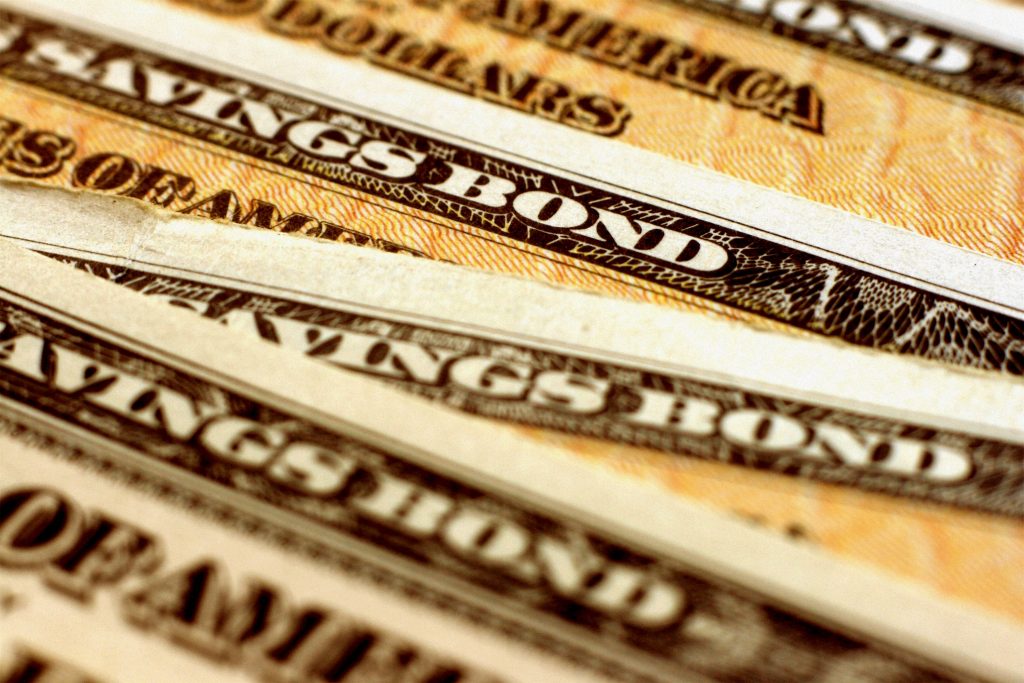
Stock futures rallied back early Tuesday morning after the S&P 500’s worst day since the financial crisis as investors cheered potential stimulative measures to stem the economic downturn from the coronavirus.
Around 8:25 a.m. ET Tuesday, futures on the Dow Jones Industrial Average indicated an opening surge of 861 points on Tuesday. S&P 500 futures and Nasdaq 100 futures also pointed to a sharply higher open for the two indexes on Tuesday. S&P 500 futures were up 5% earlier in the session, reaching their upside limit.
President Donald Trump floated on Monday the idea of “a payroll tax cut or relief” to offset the negative impact from the coronavirus. The potential tax incentives come on top of an $8.3 billion spending package Trump signed last month.
However, administration officials told CNBC that the White House is not close to rolling out specific proposals to deal with a coronavirus-induced economic slowdown. Stock futures pared gains on the news.
The market suffered a historic sell-off in the previous session, with the Dow and the S&P 500 plunging 7.8% and 7.6%, respectively, both posting their worst day since 2008. The Dow’s 2,013-point drop was also the biggest-ever point drop for the 30-stock average.
The deep stock rout put the record-long bull market in jeopardy. With Monday’s drop, the S&P 500 is 19% below its intraday all-time high of 3,393.52 from Feb.19. The benchmark would fall into bear market territory if it slumps 20% from its peak or more.
“We have repriced across the board,” said Gregory Faranello, head of U.S. rates trading at AmeriVet Securities. “Things have simply moved a lot. And we are not suggesting this move is over, yet comparisons to prior periods in time given the magnitude of the moves is understood but may be misleading.”
Oil prices move higher
Meanwhile, oil prices saw some respite early Tuesday. As of 7 a.m. Tuesday, U.S. West Texas Intermediate crude futures were up 8.8% at $33.84 per barrel. International benchmark Brent crude futures added 8.4% at $37.23 per barrel.
That came after a shocking all-out oil price war roiled markets already on edge about the economic fallout from the fast-spreading coronavirus. Oil posted its worst day since 1991, with the WTI plunging more than 24% Monday, after Saudi Arabia slashed crude selling prices for April following the collapse in OPEC talks.
“The double-whammy of the continued problems from the coronavirus and the new oil price-war induced by the Saudis has caused stock markets around the globe to fall out of bed,” Matthew Maley, chief market strategist at Miller Tabak, said in a note Monday.
Monday’s monster sell-off triggered a key market circuit breaker that resulted in a 15-minute pause in trading early in the session.
Investors sought out on Monday safer assets amid additional fears that the coronavirus will disrupt global supply chains and tip the economy into a recession. The yield on the benchmark 10-year Treasury note dropped below 0.5% for the first time ever, while the 30-year rate breached 1%. At one point early Monday, the 10-year slid to 0.318%.
Treasury yields rebounded on Tuesday, with the 10-year rate hovering above 0.7% while the 2-year yield traded at 0.48%. The 30-year bond yield climbed back above 1% to trade at 1.232%.
—CNBC’s Eustance Huang and Peter Schacknow contributed to this report.
Subscribe to CNBC PRO for exclusive insights and analysis, and live business day programming from around the world.

